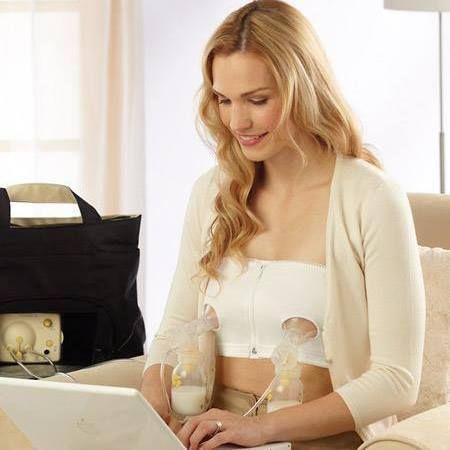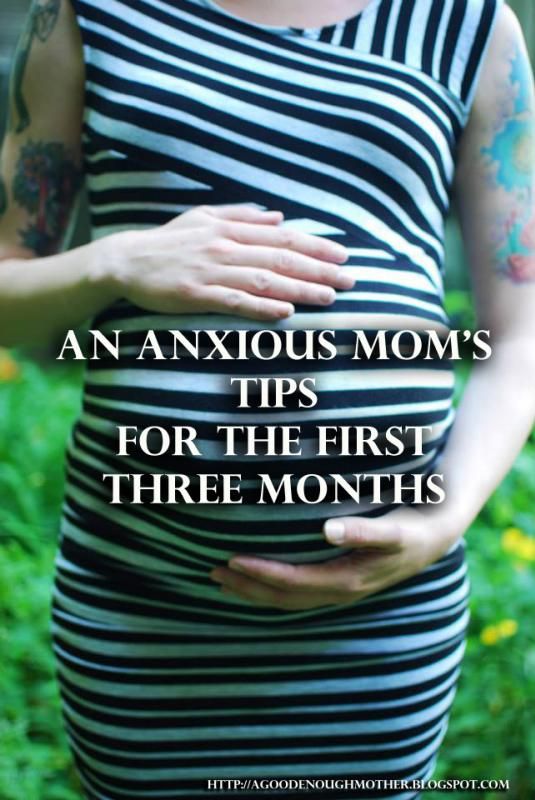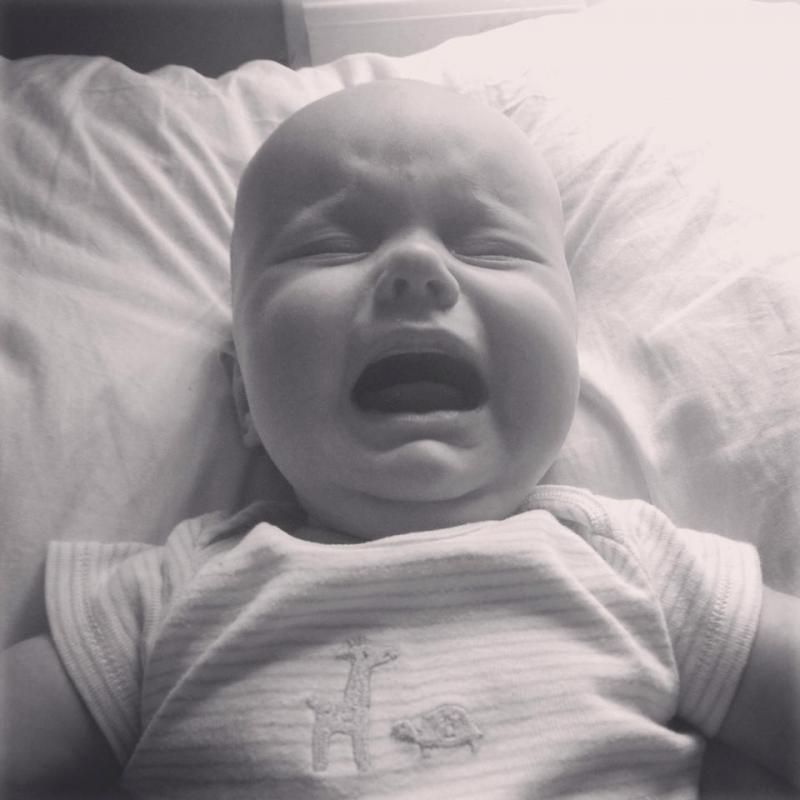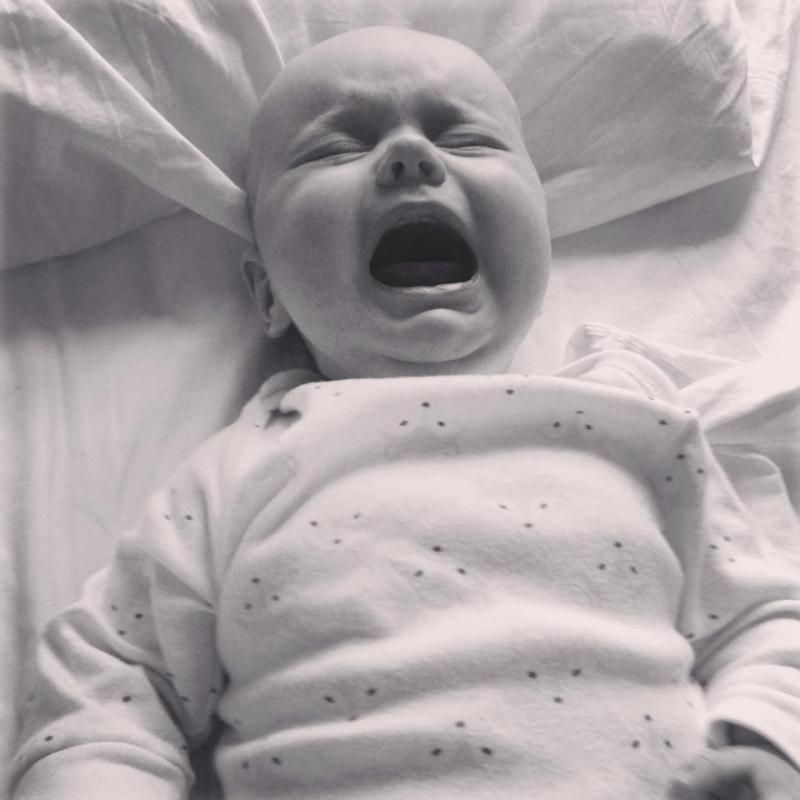One of the funniest parts about transitioning from pregnancy to baby for me was when I became the person that dispenses the advice and platitudes that every pregnant lady hates.
"Have sex! Enjoy your alone time! You have no idea what's about to happen to you! Enjoy your sleep because THINGS ARE GONNA CHANGE!"
I had positively
loathed this well-intentioned advice, especially in the last few months of my pregnancy. How can I
enjoy my time any more than I do now? I already enjoy sleep and obviously things are gonna change, that's the point, right?
Several friends either became pregnant just before Amelia was born or announced their pregnancies soon after. I follow a few of them on Pinterest so I was able to witness the evolution of their pregnancy through their repins: "30 Montessori activities to do with newborns"; "All about your natural labor"; "Newborn sleep techniques that
work!" I had also pinned and read all of these posts during my pregnancy, and once Amelia came they gathered internet-dust as I clung to whatever worked for us in the moment. Though the sight of these pins filled me with eye-rolls and "oh right good luck with thats," I'm not a total asshole and left the poor pregnant ladies alone just as many moms (mercifully) left me alone.
Of course there's no way to know what sleep deprivation is like until you're going through it.
Of course you can't conceive of the love and strong dislike and fear and guilt until your child is here and you're responsible for keeping it alive. I've learned, though, that it's part of the joy of both pregnancy and childbirth to be totally blindsided by all of it.
But some of these pins gave me pause--specifically those about
breastfeeding.
There are a million pinnable posts that give tips on breastfeeding. I surveyed a few, having four months of breastfeeding under my belt. I found that while the information was valuable--how to latch properly, the importance of lanolin, beware ye of mastitis, use a pillow--almost all of it focused on the
physical difficulties of breastfeeding. The posts I found that did touch on emotional troubles were by women who first had physical problems with breastfeeding, some of whom had eventually switched to formula. I had a difficult time finding an objective post about how emotionally difficult breastfeeding is, even when
everything goes right.
Personally, I knew in an abstract way that breastfeeding could be physically difficult. Like a lot of other pregnant ladies my eyes would glaze over at discussion of latching and I never took a class, deciding that I'd figure it out as I went and would switch to formula if I couldn't make enough milk or ran into other issues. Turns out breastfeeding has been (mostly) a breeze for us. I spent the first weeks with my toes curled and eyes tightly shut for the first few seconds of a latch, but after that the baby (and my nipples) got the hang of it and we were golden. I had
no idea, however, of how emotionally difficult breastfeeding would be for me.
 Make sure to get every precious ounce of my soul, darling!
Make sure to get every precious ounce of my soul, darling!
If you're a human in our society today you probably know how ruthless the breastfeeding debate is among mothers. I'm pretty sure some moms would make a case for how breastmilk could unlock a cure for cancer or mend broken bones if they could get away with it. Interestingly
science doesn't really back up many of the claims that lactivists do make, but people continue to see breastfeeding as a measure by which your entire approach to parenting can be judged. I saw OBs in New Mexico, Maine, and Vermont during my pregnancy and it was assumed by all of them that I would breastfeed without question. My doctor in Santa Fe, at one of my first appointments, examined my breasts and said, "and you're planning on breastfeeding." It was a statement, not a question. I personally wanted to breastfeed and was ultimately able to, so these assumptions didn't make me all that uncomfortable. After I gave birth to Amelia, the nurses in the hospital were also
incredibly pushy about breastfeeding. They would come in at least every hour, usually just as we were planning on taking a nap, grab Amelia and my nipple and maneuver us into a good breastfeeding pose. Again, I wanted to breastfeed and after having my vagina probed and beaten to hell the overly familiar physical contact didn't bother me, but I couldn't help thinking about how uncomfortable it would be if we'd made the decision not to breastfeed at all, or if I was unable to for some reason.
My point in giving my back story is to highlight how entrenched in our consciousness the "breast is best" mantra is. Because of the message's ubiquity among medical staff and mommy bloggers alike, part of me wonders if the posts I mentioned above avoid the emotional difficulties because (1) no one wants to admit that they aren't always blown away by the magic of nursing and (2) they don't want to dissuade women from doing it before they've even tried. While I can understand the hesitance to admit either of these things, I also think it's extremely important that we discuss and normalize the difficulties of life with a baby, or we risk isolating women even further during what is perhaps the most vulnerable time of their lives.
With all of that in mind, I wanted to give an honest depiction of how hard breastfeeding can be even when you have no physical problems. Below is a list of some of the most difficult emotional roadblocks I've encountered with nursing:
1.
Loss of independence. Before Amelia was born, I had no idea how much time I would spend physically attached to her solely so she could eat. Newborn babies need to eat every 1-2 hours, and because feeds can last anywhere from 5 minutes to 45 minutes, you could end up on the couch for most of the day. I had always assumed I would pump milk so that Rob could feed her too, but with her feeding schedule and the fact that pumping totally sucks, it just never happened and feeding her was (and continues to be) 100% my responsibility. Unless I want to feed in public (which aside from nipple-flashing concerns also just sucks) or find time to pump ahead of time, we can't leave the house for longer than 2-3 hours even now that she's older. I'll often go 3 or 4 days without ever leaving the house if Rob is working.
2.
Pumping sucks. Haha, see what I did there? Maybe it's just me, but pumping is in every way
just the worst. Part of it is that when my child isn't eating, I don't really want to be hooked up to a machine simulating it. The other part is that a pump isn't nearly as efficient at extracting breastmilk, and despite having a pretty decent supply, I can usually only get 2-3 ounces from one breast after 15 minutes of trying. Because it is so terrible, I tend to procrastinate doing it and end up never getting a break.
3.
Loss of self. When your body spends so much of the day devoted to a completely separate person--especially after doing just that for 9 solid months--it's really difficult to feel like a person instead of a dairy cow. A few times when Rob would say, "I think she's hungry," I'd sing the
ice cream truck song as I walked down the stairs with my boobs out.
4.
Breastfeeding culture. Second only to pumping, breastfeeding culture on the internet is just
the worst. There are plenty of women who genuinely want to encourage and support others (and ladies, you are amazing), but unfortunately the ones whose voices are loudest seem to be on a mission to make other women feel as insecure as I imagine they do. When you admit to having trouble breastfeeding, instead of supportive words they are the first to tell you how magical an experience it's been for them and how maybe you just aren't trying hard enough. Aside from the constant humblebrag, there are a lot of these women who treat formula feeding as failure or capitulation instead of a valid alternative. Unfortunately I think all of this leads to women feeling even
more isolated, because they feel like they're the only ones who are having a difficult time or finding themselves feeling resentful about breastfeeding.
5.
Loss of equality. I've always considered my marriage to be extremely egalitarian. But the problem with breastfeeding (and hating pumping) is that no matter how many goats you slaughter during the harvest moon your significant other, if they are male, will never be able to lactate. And as a result, if you choose to nurse, you will always be the primary parent. This is kind of a no-brainer, but it's not something I ever considered until I was sitting in the rocking chair facing my sleeping husband and wanting to scream in his face until he woke up and shared in my misery.
Obviously despite these challenges I have continued to breastfeed, and will for at least the foreseeable future. For me there are a lot of positives: it's completely free (minus all the extra cookies I eat), Amelia has responded well to it, it's helped me lose weight and breastmilk is like some magic sleep potion (maybe formula is too, I'm not sure). I feel really fortunate that we were able to breastfeed with little to no physical problems, but I can feel grateful and still be aware of how isolating breastfeeding can be.
The bottom line is that breastfeeding is hard. It is hard physically and it can definitely be hard emotionally. In the maelstrom of emotions and fears that come with pregnancy and childbirth, it's easy for new moms to lose sight of this decision until they're forced to make it. There are plenty of posts about the positive emotional aspects of breastfeeding, but I think it's just as important to share some of the harsher realities as well.
Ultimately, moms, do what you need to do to nourish your child and just as importantly, nourish yourselves. Whether that leads you to breastfeeding or formula, know that the fact that you care at all means that you're doing a badass job.




